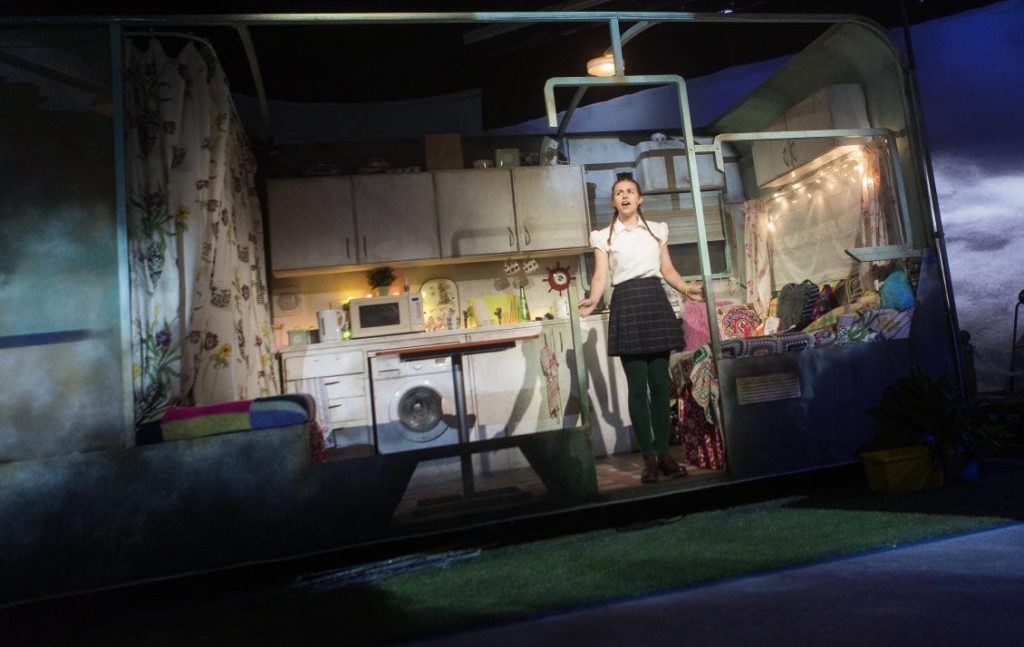
 (4 / 5)
(4 / 5)
My love affair with theatre began a few years ago with Under Milk Wood. Theatr Clwyd’s production of Dylan Thomas’ most famous work was a revelation, a conversion experience that has led me to take a seat for many a show since. Over the last year or so, such journeys have become less frequent. Life has a habit of evolving with time, and I think I lost a sense of what made theatre so special for me in the first place. Two plays have recently rekindled the fire within me. I do not think it a coincidence that both happen to be made and based in Wales. Along with Emily White’s Pavilion, Theatr na nÓg’s Eye of the Storm reflects the nation in which I live; the nation from which I claim part of my identity. I wonder whether a lack of representation has been a factor in my dulled appreciation of theatre. If so, these two plays have supercharged my passion for the medium back to life.
Set in a small town, post-mining community, Eye of the Storm draws numerous parallels with Pavilion. This includes a focus on young people and the theme of aspiration. Writer and director Geinor Styles chooses to tackle the challenges faced by this demographic through an excellent supporting cast that circle around the main lead, played by Rosey Cale. Cale gives a strong and quietly emotive performance as Emmie Price, an intelligent and practical teenager whose ambition to study tornadoes at an American University is severely tested by the circumstances of her present reality. Living in a caravan with her mum, who has bipolar disorder, Emmie must juggle her role as a young carer with the demands of school and household chores, along with negotiating the rent and constant electricity problems with inept park manager Mr Church (Keiron Bailey). It is a wonder that she has the time, let alone the inclination, to dream big. Yet Styles has created a dogged and determined young woman whose empowering presence makes her the perfect role model for those facing adversity. She represents what can be achieved if you pursue your dreams in spite of your present situation.
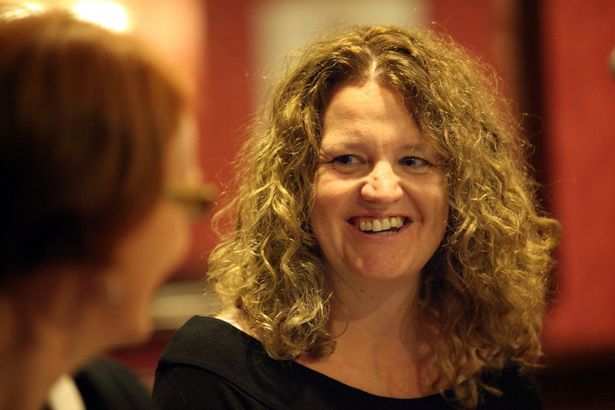
Eye of the Storm is an uplifting narrative that does not shy away from the difficulties of life but adds splices of humour throughout. The poise and astuteness of Emmie is beautifully contrasted with the lovesick innocence of Lloyd, the cartoonish physicality of Dan Miles making for a truly affectionate character. Along with Keiron Bailey, who is fantastically hilarious as class clown Chris, Miles ensures that laughter is never far away in this production. For all that it deals with bigger issues such as climate change and the effects of austerity, like Pavilion, the real joy of Eye of the Storm is in its shrewd observance of ordinary life. The characters on stage are recognisable, relatable; all the more so to a predominantly Welsh audience who see and hear something of themselves reflected, including in the witticisms and references that season the script with a particularly Welsh flavour.
The script is bolstered by an original soundtrack created by prolific songwriter Amy Wadge. Most recently known for her work on Keeping Faith, here the ethereal, soulful sounds that accompanied Eve Myles and co are nowhere to be found. Instead, country music provides the backdrop to the action on stage. And it complements the narrative really well, offering extra pathos to the character arc of Emmie in particular. ‘Emmie Don’t Say’ is my personal favourite track, not least because Cale and Caitlin McKee (Karen) duet with such gorgeous harmonies, creating a poignant and tear-inducing moment that also represents a neat summary of the character of Emmie. It is a song that will stay with me for some time to come.
Awarded ‘Best Show for Children and Young People’ at the Wales Theatre Awards, such an accolade could lead to some confusion over its target demographic. Indeed, if my motivation to see Eye of the Storm had not come off the back of meeting Rosey Cale in her other guise as an independent singer-songwriter, it is highly likely I would have overlooked it entirely, considering I’m now approaching thirty. It is certainly a show suitable for children and young people but do not mistake Eye of the Storm as a show written exclusively for this age group. It can be enjoyed and appreciated by everyone from 8-98. Indeed, overhearing the feedback as the audience filtered out at the end, it was overwhelmingly positive, from old and young alike. Coming off the back of Pavilion, it certainly made its mark on me. It reignited that spark which I had lost somewhere along the way, returned through seeing something of my own life reflected on stage. Eye of the Storm has been, for me, a reminder of the importance of representation on stage.
Click here for show dates and tickets.


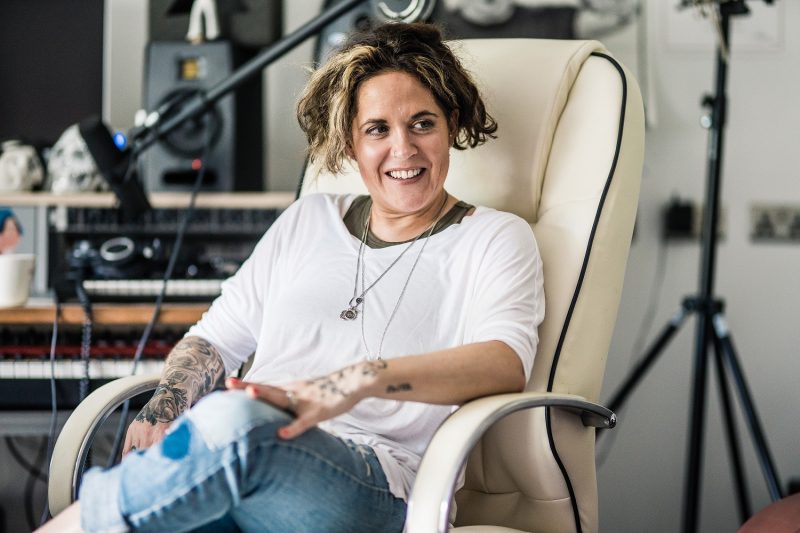
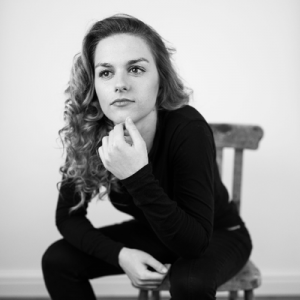
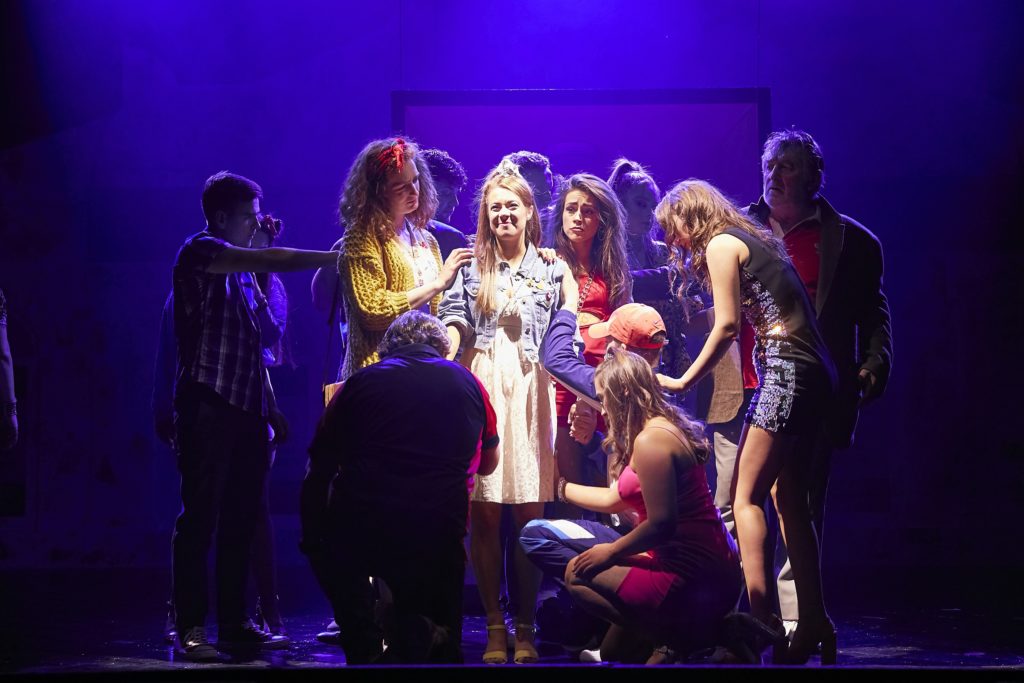
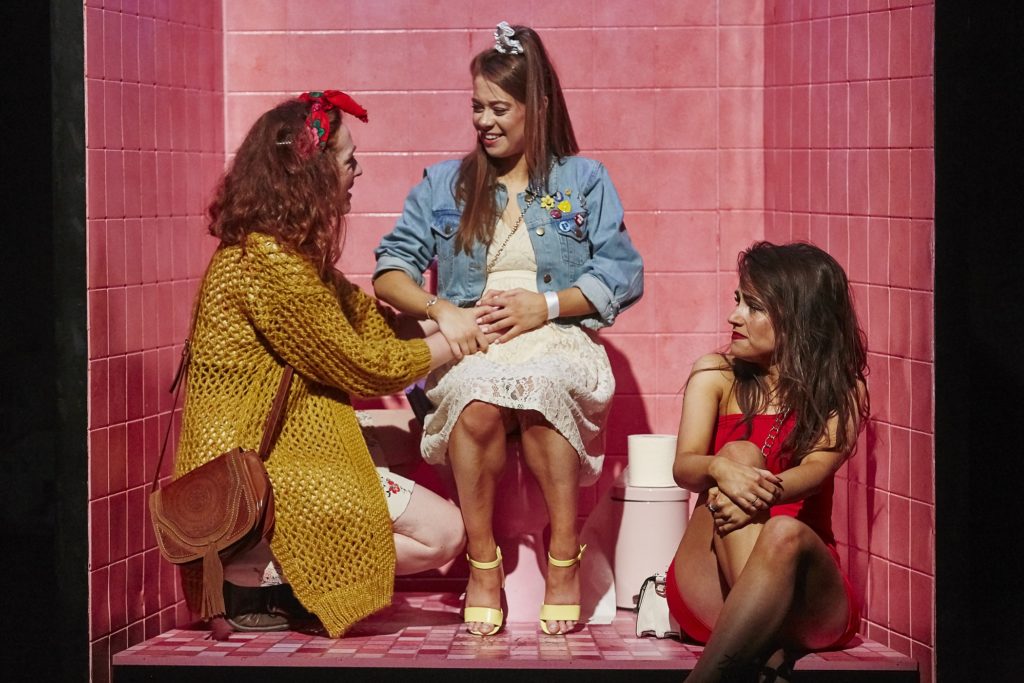
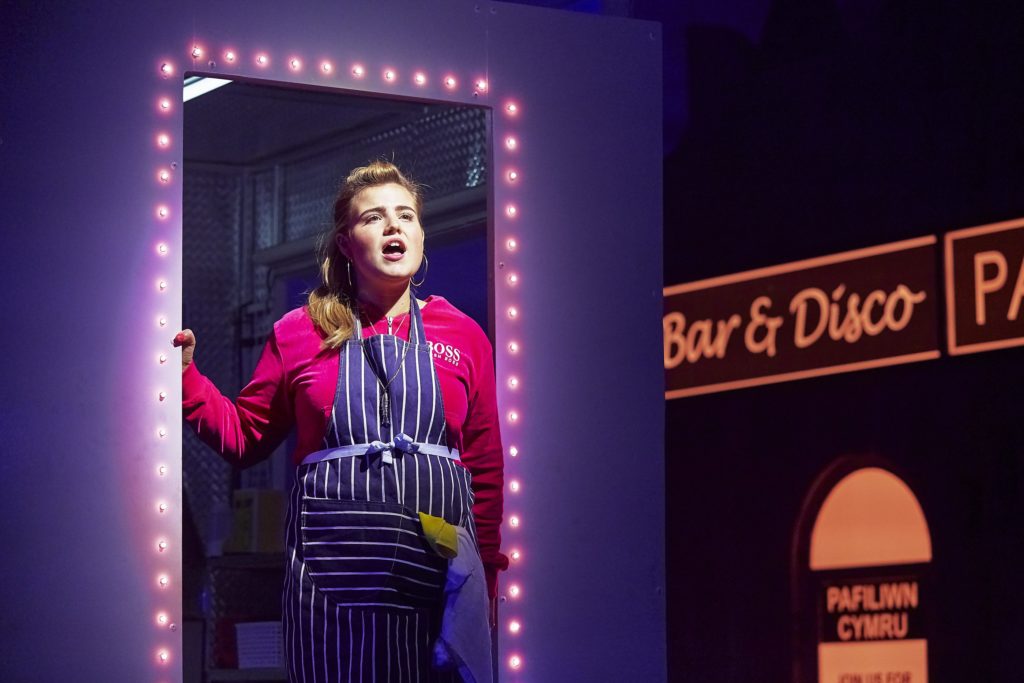
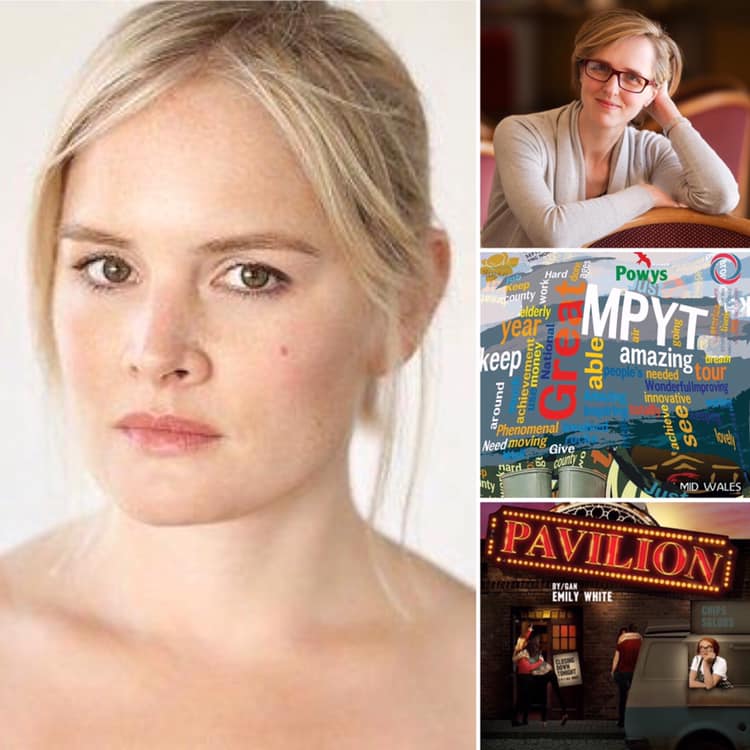
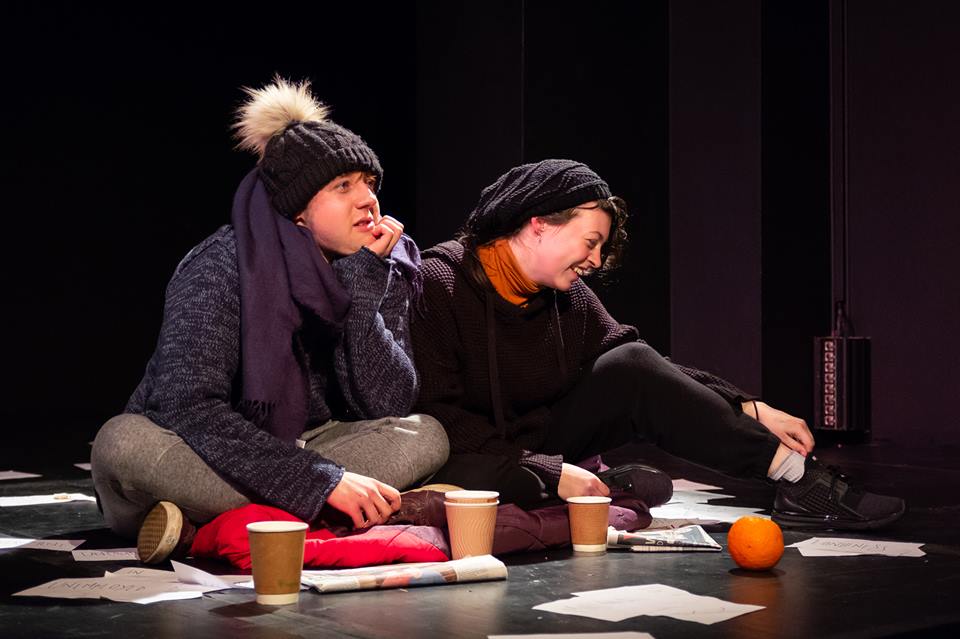
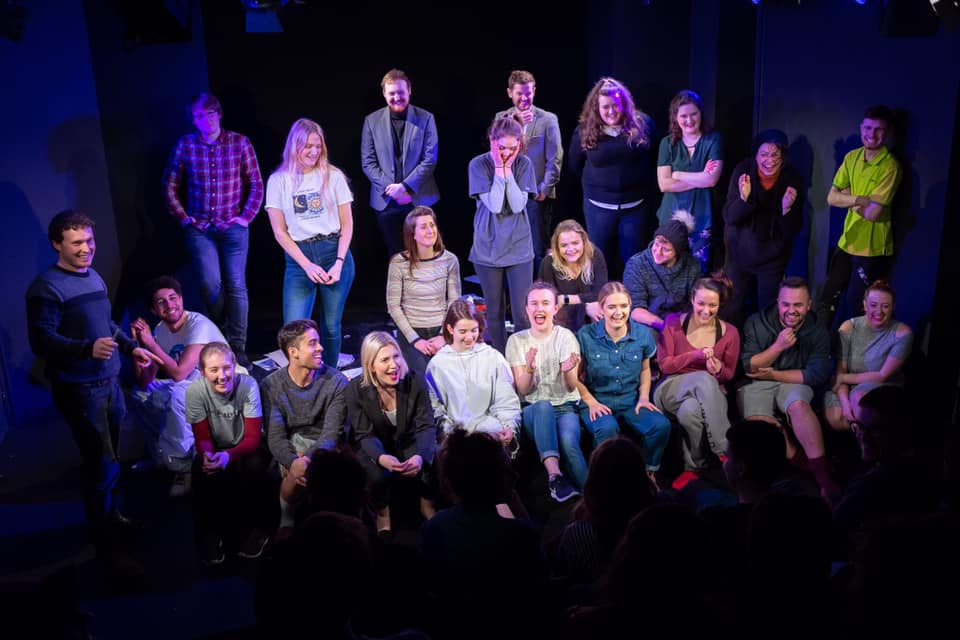


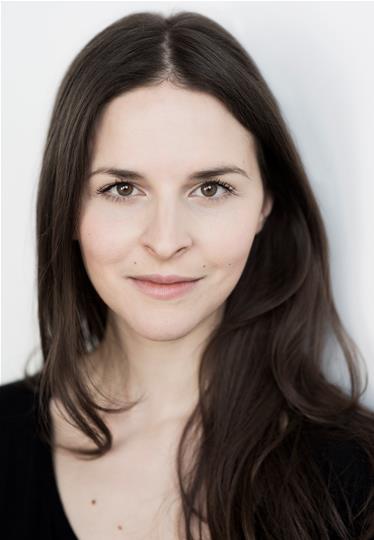
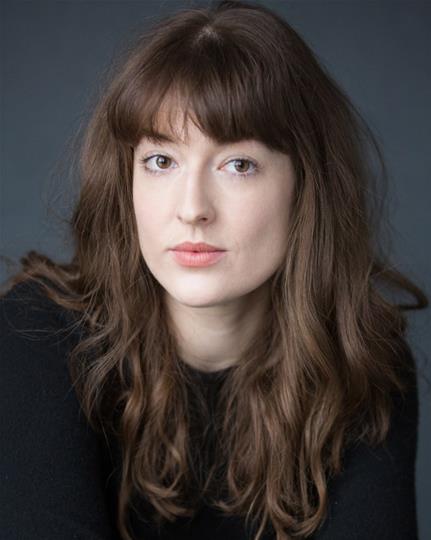
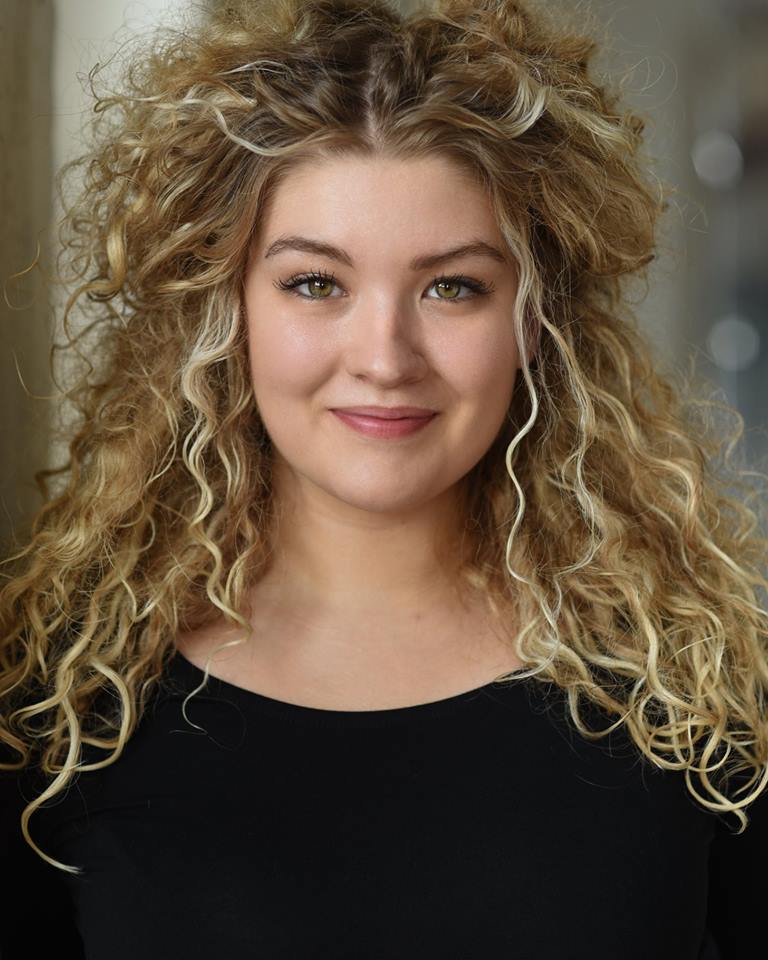
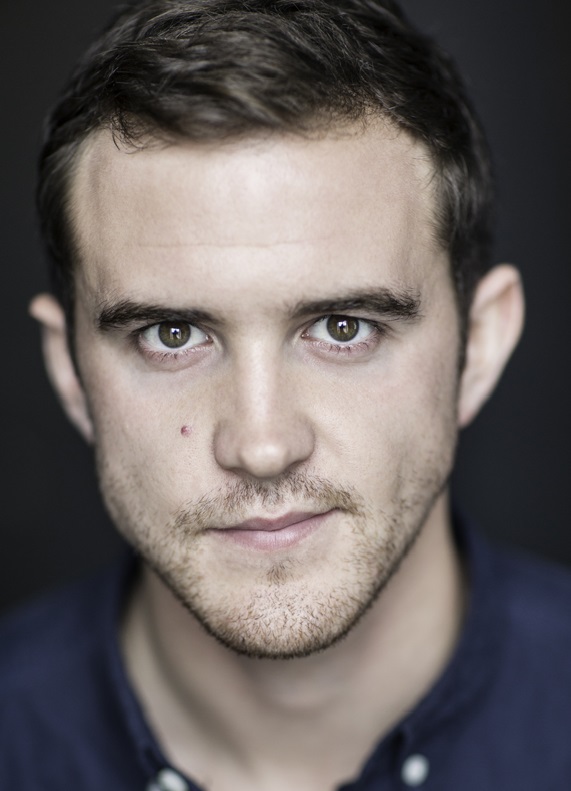
 (5 / 5)
(5 / 5)